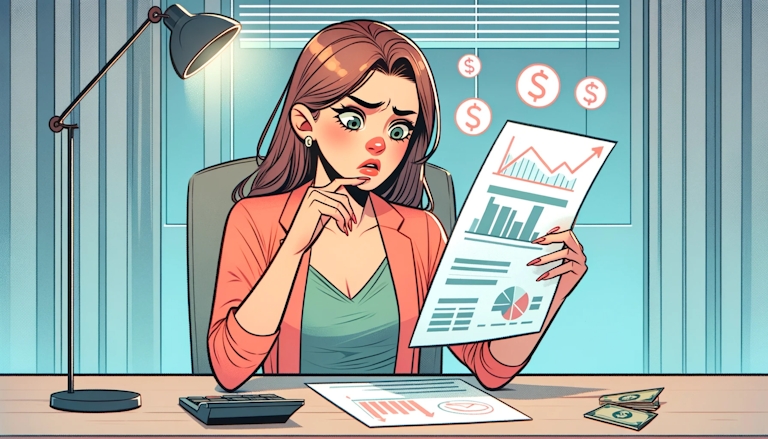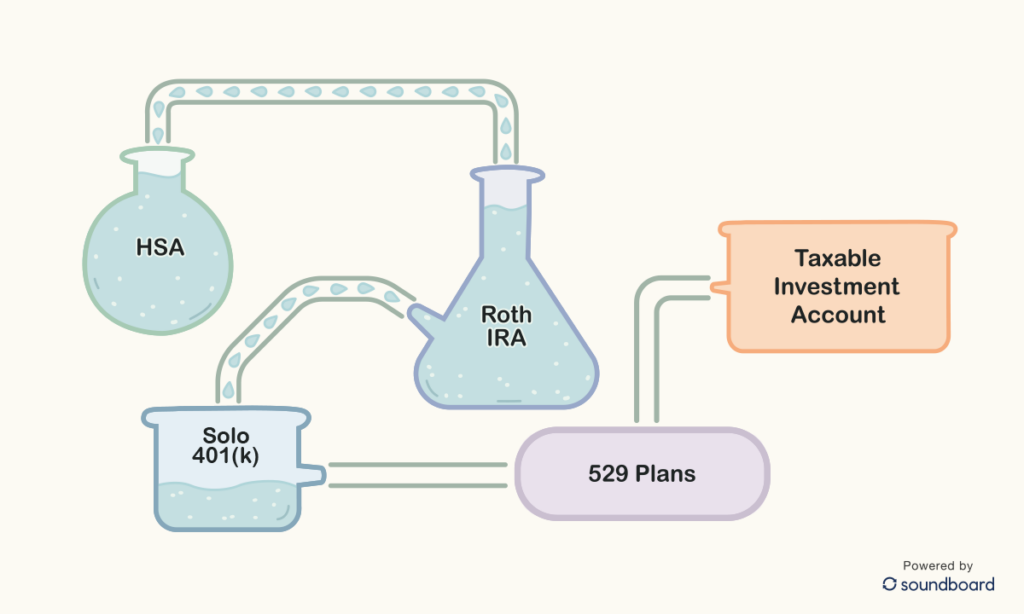1) Should I raise my prices?
2) How much should I raise my prices?
3) How do I communicate my change in price?
1. Should I raise my prices?
Finding the right time to adjust your prices is crucial for your business’s growth and sustainability. Here are some indicators that it might be time to consider a price increase:
- Increased Demand for Your Services: If you’re consistently booking clients and sometimes turning some away because your schedule being full, it’s a strong sign that your services are valued highly. This high demand is a clear indicator that your pricing may be lower than what your clientele can support.
- Enhanced Skills and Qualifications: Have you recently acquired new certifications, completed advanced training, or expanded your expertise in certain areas? If so, your services have become more valuable! This increase in your skill set and knowledge base can justify a price increase.
- Higher Operating Costs: If the costs of running your practice have increased – perhaps due to increases in travel expenses, investments in better technology, or improvements in client experience by accepting digital payments – then raising your prices can be a necessary step to cover these additional expenses.
- Regular Clientele and Positive Feedback: If you have a steady stream of referrals and you consistently receive positive feedback, this is an indication of the high value clients place on your services. Clients recognizing your value, time, and effort is a key sign that you can increase your rates.
- Market Rates Comparison: Regularly compare your rates with others in the industry who have similar experience and services (and sometimes serving similar geographies). If you find that your rates are significantly lower, it might be time to align your pricing more closely with the industry standard, especially if several of these points resonate with you.
- Time Since Last Price Increase: If it’s been several years since you last adjusted your prices, consider an increase. The cost of living and the value of professional services tend to rise over time, and your pricing should reflect this.
- Increased Scope of Services: If you’ve expanded your services – for example, offering more comprehensive college application support, essay writing, or additional resources – this broader scope can justify a price increase.
Important Note: It is important to evaluate your personal goals and company mission to ensure all pricing adjustments align with your business strategy, target customer, and personal motivations. Pricing strategy is a core strategic decision that requires holistic, thoughtful consideration. If you need a sounding board to help with this, just reach out. We are happy to help and share what we are hearing from others!
2. How Much Should I Raise My Prices?
Balancing Fairness and Business Growth: In the context of the recent surge in the cost of living and the general increases in service prices, determining the right amount to raise your prices requires a careful examination. Here are several factors to consider when making adjustments:
- Assess Cost of Living Adjustments: In the past few years, inflation and rising costs have affected nearly every sector. Review the general cost of living increases in your area and industry. A price adjustment that aligns with these changes can be justifiable to your clients, as they are likely aware of these economic shifts.
- Market Rate Comparison: Use industry reports or discussions with colleagues to understand how others are changing prices.
- Calculate Your Operating Costs: Have your business expenses increased due to higher costs for utilities, office supplies, technology, or other operational needs? Review your costs for the past few years and factor in these changes to determine how much to raise your prices to maintain your income goals.
- Gradual vs. One-Time Increase: Depending on the extent of the increase, you might choose to implement it gradually over a period or in one go. For substantial increases, a gradual, phased approach can be more palatable for clients.
- Clientele Considerations: Consider the financial demographics of your clientele. If you serve a diverse range of clients, think about introducing tiered pricing or maintaining a few slots at a lower rate for clients with limited means.

3. How Should I Communicate an Increase in My Prices?
When communicating the change, ensure that your tone remains informative rather than asking for permission. You know the value you provide to clients, and you should communicate that value to your prospects with confidence!
Reminder! Communicating a change in price also means updating anywhere your price is listed. This could include updating the pricing on your website, contracts, brochures, and more.
What if There is Backlash Against Me When I Raise My Prices?
Handling Client Concerns with Grace: It’s natural for some clients to be initially resistant to price increases. If faced with backlash, listen to their concerns empathetically, but you can and should reaffirm the value you provide and explain how the increase is necessary for maintaining the high standard of your services. If you do need to roll back any changes, you can always offer flexible payment options, grandfather existing clients in at their current rate, or discounts!

